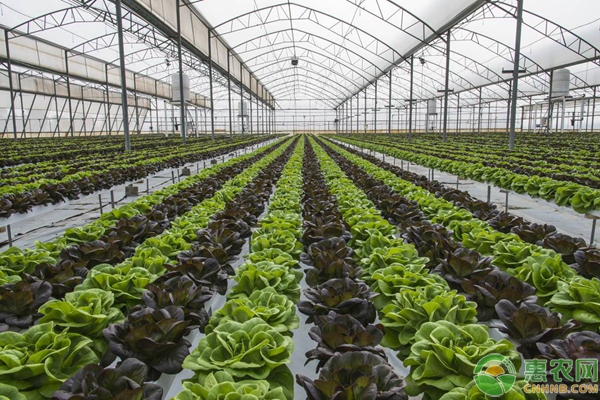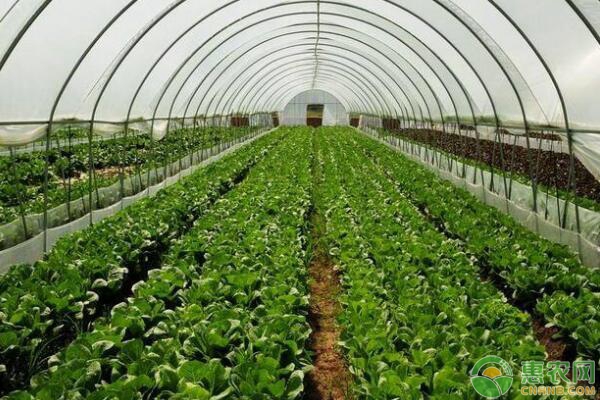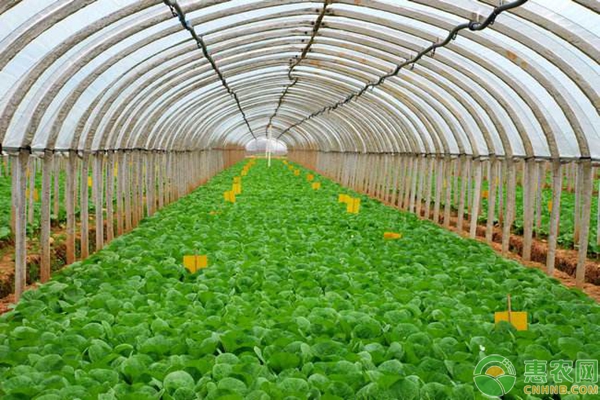Twelve taboos for fertilizing vegetables in greenhouses, must be seen by vegetable growers!
As the saying goes, "a crop of flowers, all rely on fat to become a home", reasonable fertilization is very important for crop cultivation. The following Huinong.com compiled a taboo for the application of greenhouse vegetables. Everyone must keep in mind. First, do not apply chicken manure without decomposing People in greenhouses like to apply chicken manure, but the chicken manure bought from the farm is best not to be applied directly to the ground. The content of eggs and salt is not small. If there is no compost, it will burn. Vegetable roots. Therefore, everyone must remember that it must be used after high temperature decomposing. Second, do not apply a large amount of cake fertilizer without decomposing Cake fertilizer has a small carbon to nitrogen ratio and is quick to decompose. It is easy to cause the ground temperature to rise after being applied to the ground. If the local cake fertilizer is applied too much, the temperature of decomposition will probably burn the root system. It is recommended that everyone break the cake fertilizer and destroy it. Apply it after a while. Third, do not apply chlorine-containing fertilizer Chlorine can reduce the starch and sugar content of vegetables and reduce the quality of vegetables. This year, the price of vegetables is not very high. If the price is lowered because of quality problems, it will not be worth the loss, and the chlorine will leave the soil and cause soil. Acidification leads to calcium deficiency in vegetables. Fourth, do not apply ammonium sulfate and ammonium bicarbonate After carbon and nitrogen decomposition, a large amount of ammonia gas is generated, which is unfavorable for vegetable growth; and ammonium sulfate is an acidic fertilizer. If too much is applied, it will cause acidification of the soil, which is not conducive to the growth of vegetables. 5. Do not apply more diammonium phosphate. The phosphorus content of diammonium phosphate is very high, but the most need for the growth of vegetables is nitrogen and potassium. It is customary to apply grass ash in the greenhouse. If diammonium phosphate is applied, it will cause acid-base reaction, and release ammonia to damage vegetables. . 6. It is not appropriate to disperse the application of phosphate fertilizer Phosphorus is easily fixed by the soil and loses its fertilizer effect, so it is best to concentrate it when applied, or as a base fertilizer. 7. It is not advisable to apply iron fertilizer to the soil. Iron is easily fixed by the soil and causes loss of fertilizer efficiency. Therefore, it is best to choose the method of leaf spray when applying. The high-efficiency foliar iron fertilizer is evenly sprayed on the leaves of vegetables, which can be well absorbed. 8. Do not apply rare earth micro-fertilizer directly into the soil. When the micro-fertilizer is applied to the soil, the effect of absorption and utilization is not good. 50-60 kg of rare earth micro-fertilizer is sprayed per acre and sprayed directly on the leaf surface. The effect is much better than the soil application. Nine, do not re-apply micro-fertilizer in base fertilizer Although the micro-fertilizer is cheap and effective, it is not easy to apply. When applying the base fertilizer, it is best not to mix the micro-fertilizer, because the absorption effect in the soil is not very good, and the cost is increased. I suggest that everyone spray. Ten, it is not appropriate to apply potassium fertilizer in the later stage When does potassium fertilizer need most? It is mainly needed before and after flowering, and it is less needed in the later stage. Therefore, it is a waste of money to use potassium fertilizer in the late stage of vegetable growth. 11. It is not advisable to water immediately after applying urea. The solubility of urea fertilizer is better. If it is applied to the soil immediately, it may cause the loss of fertilizer, waste of fertilizer, and it should not be applied before heavy rain. 12. Do not fertilize under drought conditions. Vegetables are wet crops. If they are short of water, they will not grow well. Fertilization under drought conditions can not be fully utilized, and the soil concentration will suddenly increase. It is easy to burn roots. Therefore, fertilization should be combined with irrigation, water and fertilizer. The integration model is imperative. For the wonderful pictures and popular comments on greenhouse vegetable fertilization, you may be interested in the following recommended contents, welcome to read. Lettuce Jiangsu Tiankang Food Co., Ltd. , https://www.tiankangfood.com

